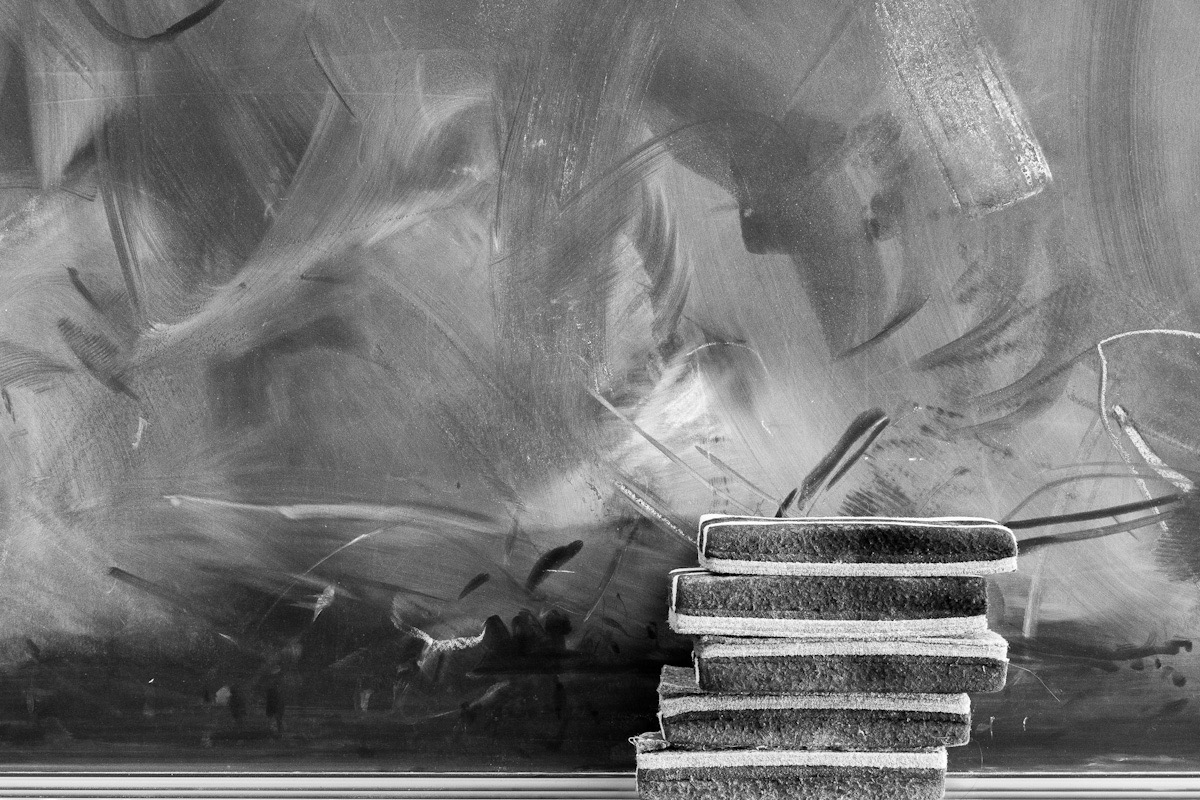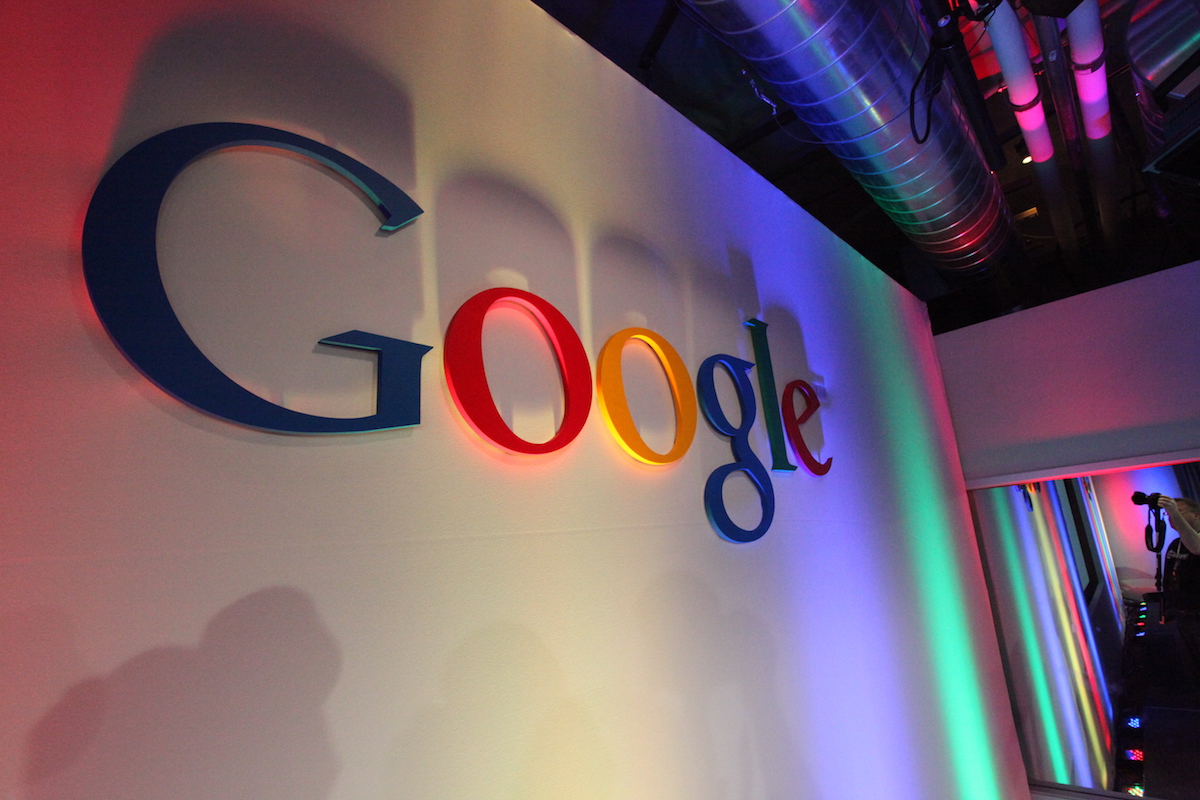Education
The Knowledge Gap—A Review
This is a dimension where knowledge of the world—that same prior knowledge that needs activating—is the last thing that it would occur to anyone to actually teach children in schools.

Let me lead you through a portal created in the basement of some secretive and sinister government laboratory and into the Educational Upside Down.
The Educational Upside Down is a parallel dimension where elementary school children are captivated by street signs and bored rigid by myths and tales of heroes. It is a dimension where early readers work out the relationships between the sounds of English and the letters that represent these sounds largely by being immersed in anodyne, specially written story books. Yet, weirdly, it is also a dimension where children have to be explicitly taught ‘comprehension strategies’ to understand what they read, such as activating their prior knowledge or deciding which sentence is the most important, and then must practice these strategies for the greater part of the school day. This is a dimension where knowledge of the world—that same prior knowledge that needs activating—is the last thing that it would occur to anyone to actually teach children in schools.
The Educational Upside Down is frightening and surreal, not merely because it denies all common sense, but because it embraces the precise opposite of what the available scientific evidence shows to be effective teaching. Although some fortunate children will pick up letter-sound relationships through immersion, most do need to be explicitly taught. In contrast, comprehension is chiefly a natural process. Once the squiggles on the page have been decoded, the most important factor in understanding them is the vocabulary and background knowledge a child possesses. Comprehension strategies can provide a limited boost, but they will never make up for a lack of knowledge and they do not need endless, repetitive, monotonous, soul-destroying practice.
I would like to be able to claim this dimension is a mirror image of the world we live in, but according to Natalie Wexler it is the world we live in. Or at least it is the reality of American classrooms today; a reality that, through America’s vast soft power, leaches out into every corner of the globe. Wexler’s new book, The Knowledge Gap: The hidden causes of America’s broken education system—and how to fix it, charts its strange landscape, animating it with stories from classrooms that Wexler visited while trying to diagnose the cause of this topsy-turvy state of affairs.
Wexler gathers together the usual suspects—standardised tests, politicians, hubristic billionaires and education faculties—and demonstrates that they all shoulder some of the responsibility.
Standardised tests have been essential to exposing widespread educational malpractice and the shocking achievement gaps between more and less fortunate students. However, they have also had the effect of narrowing the curriculum. Reading tests that draw their passages from no particular subject area, coupled with official guidance from the National Reading Panel, have caused teachers to focus on the mechanics of answering the questions. Hence all the drills involving divining which ideas in a passage are the most important. As Wexler notes, when teachers in Denver tried out these strategies in their own reading, they found them, “annoying and distracting.”
Such tests are, in fact, largely tests of general knowledge. If you know about cricket, and you can decode the words on the page, then you will understand a sports report that includes the phrase, “Clarke clinically cut and drove 10 fours.” If you don’t know about cricket then you won’t understand it, no matter how many times you try and figure out what is important about the text. All texts are like that, even though we are usually not conscious of the knowledge we bring to bear. We therefore need to teach children the kind of basic, general knowledge that they need in order to access the types of writing they will encounter in school and throughout their lives as citizens in a democracy.
So let’s make a list of what that knowledge is, shall we? Well, good luck. Anyone who seeks to write it down will be assailed by the politics of both the Left and the Right, and fighting a war on two fronts is never a good idea. The Left will complain about a canon where the thoughts and deeds of white European men dominate, whereas the Right will complain about supposedly politically correct attempts to introduce a range of different perspectives. Whatever you do, you cannot win. So it’s easier to be vague; to not specify anything. And so that’s what U.S. curriculum documents tend to do.
Perhaps it doesn’t matter because we can forget the curriculum because Silicon Valley billionaire philanthropists have a better plan. After all, who needs to know anything in the age of Google? Instead, let’s use data to figure out who the best teachers are so that schools can fire the bad ones. Better still, by pressing the magic buttons on electronic devices, children can enjoy a personalised learning experience.

Sadly, none of this works. You cannot outsource your brain to Google because knowledge is in constant, implicit use during any kind of intellectual work. Teachers turn out to be pretty hard to evaluate in any reliable way and electronic devices are distractions that shatter the communal nature of school, and much learning along with it.
And yet, perhaps, these are the minor problems of the system. There is an old saying among educationalists that the widest street in the world is West 120th Street in Manhattan, because it separates Columbia University from Columbia University’s Teachers College. Early American reformers such as Horace Mann deliberately recruited women to the teaching profession due to the romantic belief that they would be more nurturing and less costly to employ. These recruits were offered an inferior education to their university peers and, over time, this resulted in a profession that was, according to Wexler, “more female, less prestigious, less academic, and more focused on skills.” This divide has never fully closed, so ideas that are commonplace in cognitive science have failed to have much impact on teacher education.
Instead, the prevailing ideology of teacher education is still ‘progressive education’ as developed in the early 20th Century. Although sharing a name, it has little to do with progressive politics, and has seen its fullest expression in the private schools of America. Wexler describes it as the belief that “education should be a natural, pleasurable process and that learning or (heaven forefend) memorizing is inherently boring and soul-destroying.” In line with their views on education being a natural process, progressive educators prioritise giving children choices, allowing them to decide what to read and write about. They believe that history and science are “developmentally inappropriate” for elementary schools students. Progressive education’s relationship to the science of learning parallels the relationship of herbalism or homeopathy to the science of medicine. As is the case with alternative medicine, progressive education attracts followers from across the political spectrum, not just the Left.
As a teacher who has worked in England and Australia, I know this ideology well, despite the many differences between these systems and the American one Wexler describes, and believe it is the fundamental fulcrum on which it all turns. It is a belief in the progressive education ideology, however implicit, that holds back genuine progress. Education academics and bureaucrats espouse it and teachers internalise it, whether any of them can name its foundational thinkers or not.
What can be done? Plenty have tried and failed to root out the bad ideas in our education systems. In America, there have been waves of public panic that have subsided with little noticeable change. Common Core was once the great hope, and yet Wexler describes how it has often led to the further calcification of comprehension strategies, despite the best of intentions to boost the role of knowledge in the curriculum.
What about bottom-up initiatives? Wexler documents many successful attempts to introduce a more knowledge-focused curriculum that were then overturned as teachers left the district or principals moved on. In one instance, a principal replaced a knowledge-focused curriculum associated with high standardised test scores with a curriculum she was more familiar with from a previous job in a different school.
Wexler has no magic bullet. She has “yet to see an American school that consistently combines a focus on content with an instructional method that fully exploits the potential of writing to build knowledge and critical thinking abilities for every child.” Perhaps reforming tests would be an effective lever, given the influence testing exerts on schools. Maybe we could focus on assessing children’s grasp of letter-sound relationships in the early grades—as England does with its phonics check. Maybe we could follow the lead of Louisiana, and reform standardised reading tests so that they are based on a specific body of knowledge taught in the preceding years rather than knowledge selected at random. None of this will be achieved without resistance.
I would add another possible way out. Those social media tycoons who have so conspicuously failed to disrupt and rebuild education for the better, despite their philanthropic dollars, may have unwittingly sparked a different revolution. As a teacher, I am no longer dependent upon information filtered through my school leadership or local district, with all the ideological spin that involves. Through Twitter, Facebook and online blogs, I can now talk directly with a teacher on the other side of the world, sharing the findings of cognitive science and grappling with common problems.
Natalie Wexler’s The Knowledge Gap is not just a scholarly work. It pulsates with vivid detail as it winds its way through the strange terrain of the Educational Upside Down. Anyone who seeks to understand the quixotic state of educational ideas in American schools and beyond should place it on the top of their summer reading list. And while you are reading, any thoughts on how to turn the education world the right way up again, and keep it that way, would be gratefully received.






